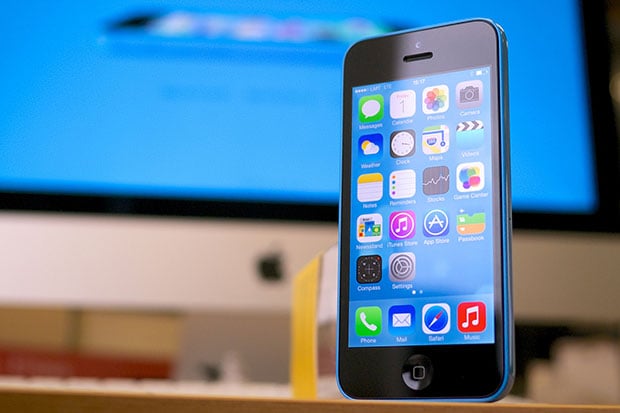Apple Says iPhone Encryption Case 'Should Never Have Been Brought' By FBI
The FBI dropped its case against Apple yesterday claiming it had extracted the contents of the now infamous iPhone 5c model that belonged to Syed Farook, the terrorist involved in the San Bernardino shooting, with the assistance of a third-party. It's as much a win for Apple as it is for the FBI, though instead of celebrating, Apple released a statement saying the matter should never have went to court to begin with.
"From the beginning, we objected to the FBI's demand that Apple build a backdoor into the iPhone because we believed it was wrong and would set a dangerous precedent. As a result of the government's dismissal, neither of these occurred. This case should never have been brought," Apple stated.

Apple refused to comply with a court order to assist the FBI with breaking into Farook's work-issued iPhone 5c model on the grounds that building a backdoor would leave hundreds of millions of iPhones vulnerable. To Apple, this was never about a single iPhone model, it was about all iPhones and the precedent that would be set if the court system ultimately sided with the FBI.
The legality of the FBI's request is one that remains unanswered, at least for now. Even though the FBI was successful in extracting data from the iPhone 5c model that was at the center of all this ruckus, a statement by the Department of Justice left the door open to using the court system for similar matters in the future.
As for Apple, it has no plans of weakening the security on its products, now or in the future.
"We will continue to help law enforcement with their investigations, as we have done all along, and we will continue to increase the security of our products as the threats and attacks on our data become more frequent and more sophisticated," Apple added.
"From the beginning, we objected to the FBI's demand that Apple build a backdoor into the iPhone because we believed it was wrong and would set a dangerous precedent. As a result of the government's dismissal, neither of these occurred. This case should never have been brought," Apple stated.

Apple refused to comply with a court order to assist the FBI with breaking into Farook's work-issued iPhone 5c model on the grounds that building a backdoor would leave hundreds of millions of iPhones vulnerable. To Apple, this was never about a single iPhone model, it was about all iPhones and the precedent that would be set if the court system ultimately sided with the FBI.
The legality of the FBI's request is one that remains unanswered, at least for now. Even though the FBI was successful in extracting data from the iPhone 5c model that was at the center of all this ruckus, a statement by the Department of Justice left the door open to using the court system for similar matters in the future.
As for Apple, it has no plans of weakening the security on its products, now or in the future.
"We will continue to help law enforcement with their investigations, as we have done all along, and we will continue to increase the security of our products as the threats and attacks on our data become more frequent and more sophisticated," Apple added.

